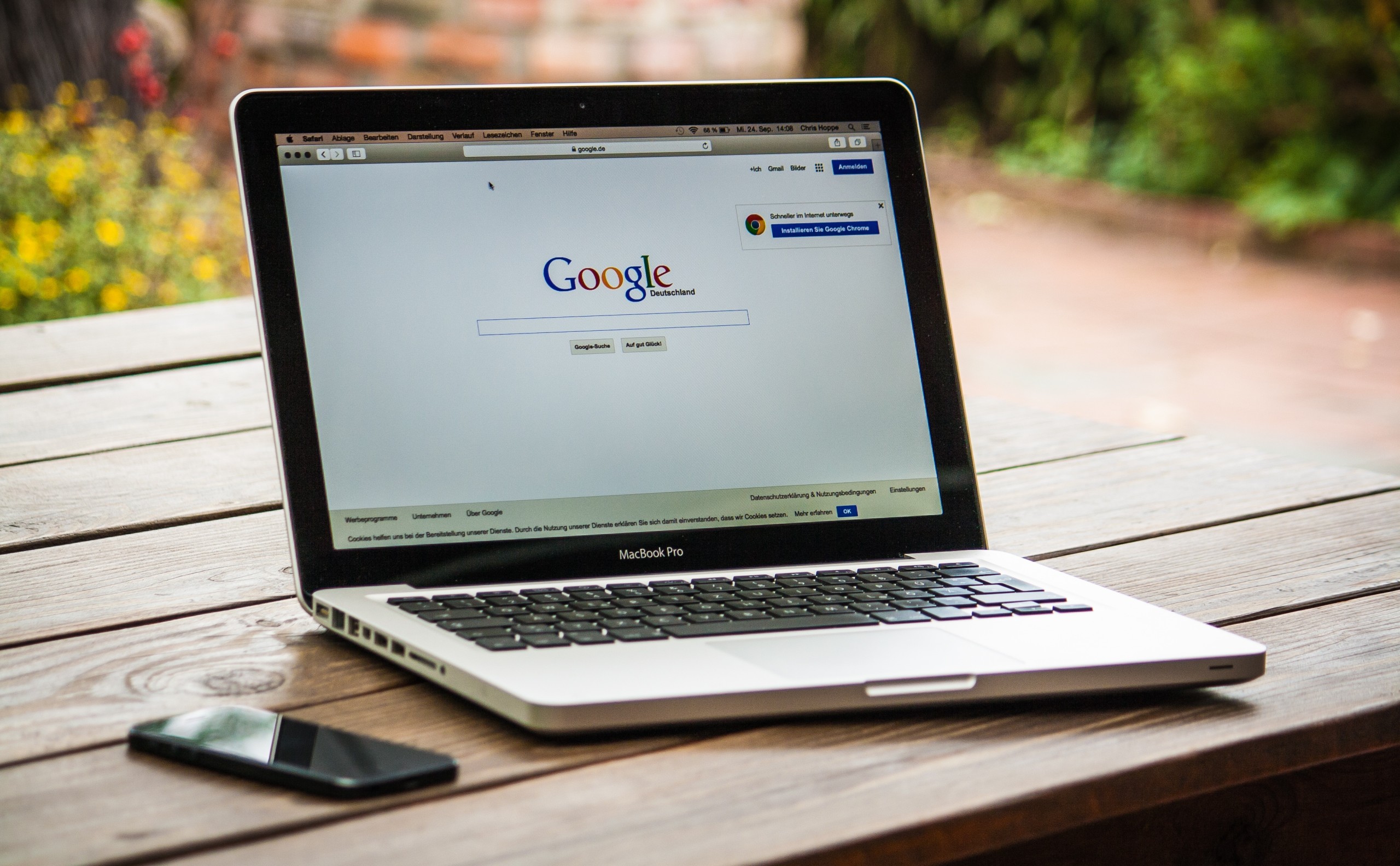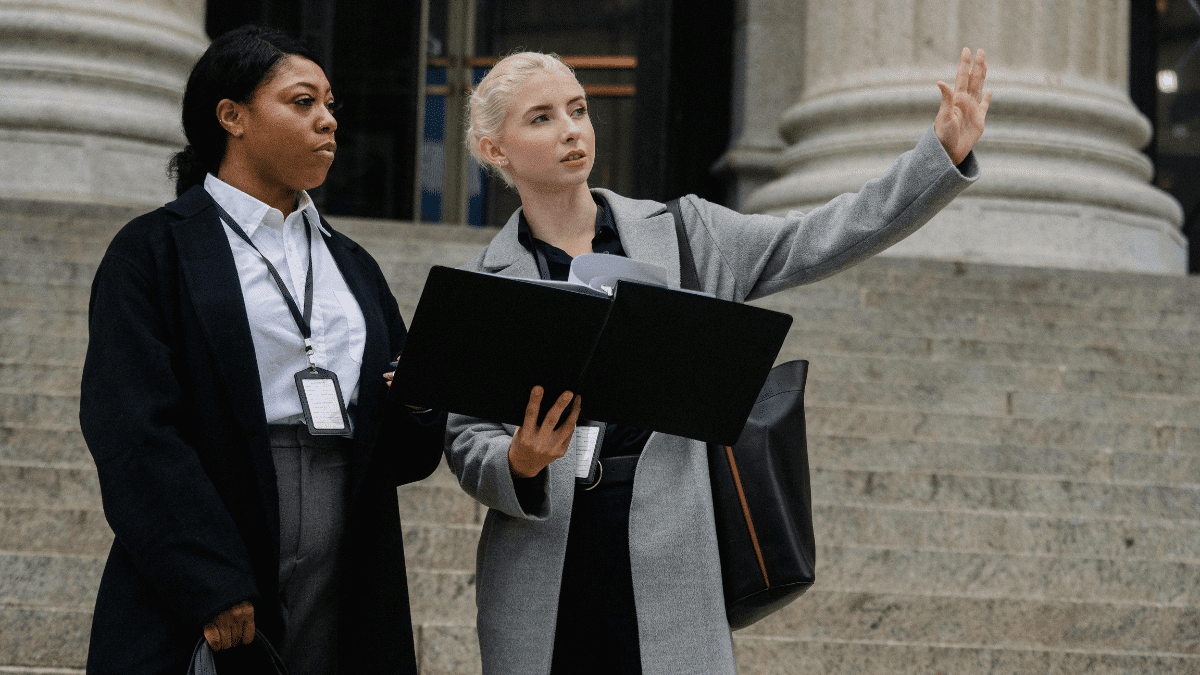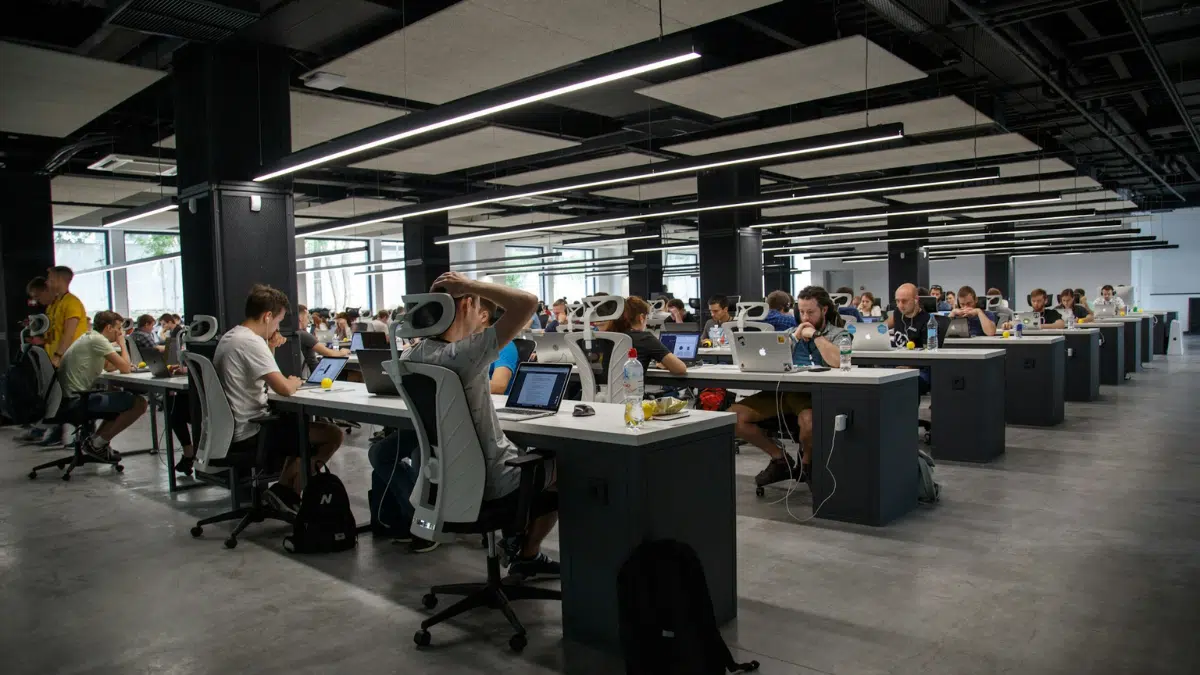
Geoffrey Hinton, a pioneer in the field of artificial intelligence (AI), has officially joined the growing chorus of critics who believe that generative AI could be dangerous. Although many industry leaders see the opportunity that lies within further innovation, there are just as many who fear they are releasing something dangerous into the public.
In a recent article from the New York Times, Cade Metz summarizes Hinton’s journey in technology and his mixed feelings over time.
For more than 50 years, Hinton nurtured the technology that has created chatbots like ChatGPT, but he now worries that it will cause serious harm. In a recent interview, he noted, “it is hard to see how you can prevent the bad actors from using it for bad things.” He added that a part of him now regrets his life’s work.
As an AI pioneer and one of the most respected voices in the field, Hinton and two of his graduate students at the University of Toronto created what would become the intellectual foundation for the AI systems in 2012 such as ChatGPT and Google Bard.
Though recently, more than 1,000 technology leaders and researchers signed an open letter calling for a six-month moratorium on the development of new systems because AI technologies pose “profound risks to society and humanity.” Metz highlights how, despite being called “the Godfather of AI,” Hinton did not sign saying he did not want to publicly criticize Google or other companies until he had quit his job.
Hinton’s concerns stem from the risks associated with generative AI, which can already be a tool for misinformation. Soon, it could be a risk to jobs. Critics fear it may be a risk to humanity. As companies improve their AI systems, Hinton believes, they become increasingly dangerous. He worries that it’s hard to see how companies can prevent bad actors from using these systems for bad things.
Learn more about Hinton’s career and his choice to leave the industry here.





